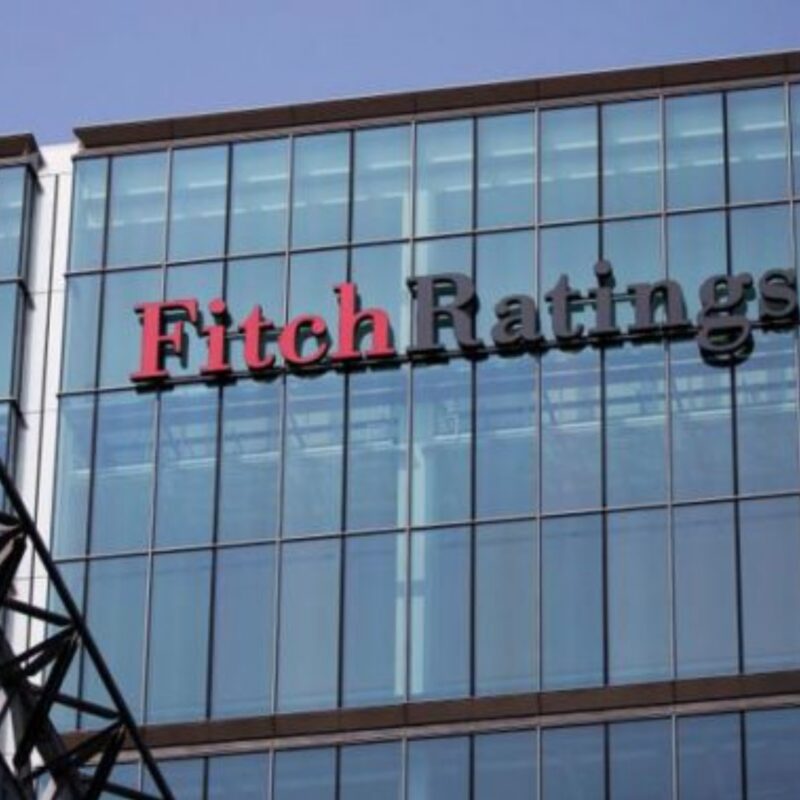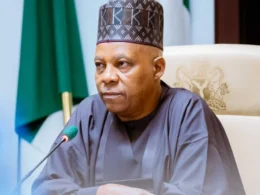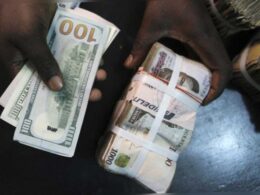On external vulnerabilities, Fitch forecasts a gradual easing of domestic foreign currency supply constraints and expects ongoing reforms in the energy sector to sustain current account surpluses. This would further strengthen Nigeria’s external buffers.
Abuja, Nigeria – Fitch Ratings has upgraded Nigeria’s Long-Term Foreign-Currency Issuer Default Rating from ‘B-‘ to ‘B’, assigning a stable outlook, in recognition of the government’s sustained economic reforms and increased market confidence.
The global rating agency said the upgrade reflects Nigeria’s firm shift to orthodox economic policies since June 2023. These include the liberalisation of the foreign exchange (FX) market, tighter monetary policy, the phasing out of fuel subsidies, and an end to deficit monetisation.
Fitch noted that the stable outlook underscores expectations that the current macroeconomic approach will improve FX market efficiency and gradually bring down inflation. However, inflation is projected to remain significantly above the median of Nigeria’s rating peers.
The agency commended the Central Bank of Nigeria (CBN) for its recent initiatives to enhance transparency and efficiency in the FX market. Among the steps taken are the introduction of an electronic FX matching platform and a new FX code. These, combined with tighter monetary policy, have improved FX liquidity and market stability following a sharp 40 per cent naira depreciation in 2024. The gap between official and parallel market rates has since narrowed considerably.
In the final quarter of 2024, net official FX inflows—sourced both autonomously and through the CBN—surged by 89 per cent compared to just eight per cent in the same period of 2023. Fitch said the formalisation of FX operations is expected to continue supporting the naira, although a modest depreciation is still anticipated in the near term.
On external vulnerabilities, Fitch forecasts a gradual easing of domestic foreign currency supply constraints and expects ongoing reforms in the energy sector to sustain current account surpluses. This would further strengthen Nigeria’s external buffers.
Addressing recent trade tensions, the rating agency said the 14 per cent US tariff imposed on Nigerian goods will likely have limited impact. Fitch pointed out that oil-related exports, which are exempt from the tariff and accounted for about 92 per cent of Nigeria’s total exports to the US in 2023, remain the country’s primary trade component.
Nevertheless, the agency warned that a drop in global oil prices could pose a more serious threat, potentially weakening fiscal indicators and testing the resilience of the new policy framework. Still, Fitch believes Nigeria’s enhanced policy flexibility offers a better platform for managing economic shocks.
Overall, the upgrade signals international recognition of Nigeria’s reform agenda and marks a vote of confidence in the country’s economic trajectory.










Join our Channel...